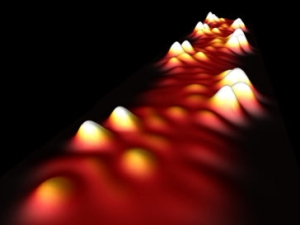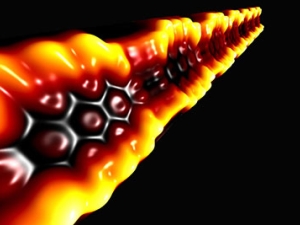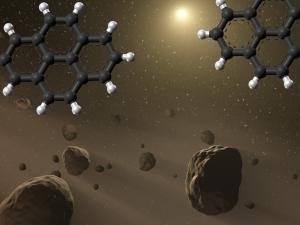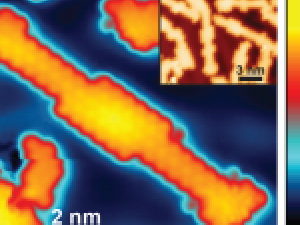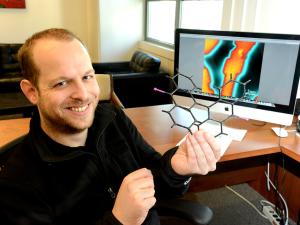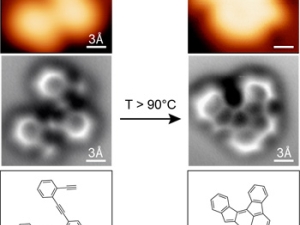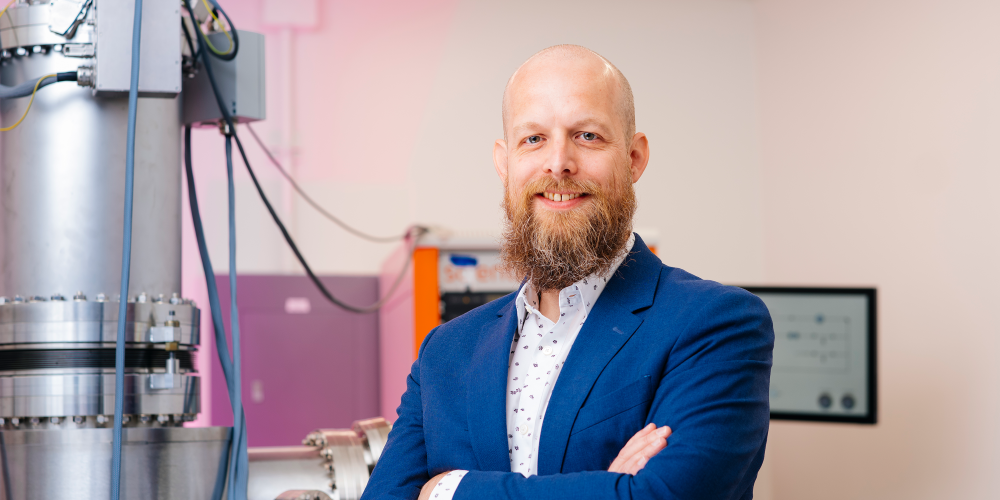

Research Bio
Felix Fischer is a professor in the Department of Chemistry. His research interests focus on the rational design, deterministic assembly, and detailed investigation of the exotic physical phenomena emerging from quantum confinement effects in nanomaterials. He leads a highly integrated multidisciplinary research program, founded on modular bottom-up organic synthesis of functional materials with precisely defined structure, their controlled assembly into hierarchically ordered architectures, and the evaluation of emergent physical properties across multiple length, time, and energy scales. As part of his research he strives to understand, fine-tune, and ultimately harness the exceptional properties of nanoscale materials by developing a suite of novel synthetic tools that offer an unprecedented atomically precise control over intrinsic geometric parameters as length, width, symmetry, and electronic structure.
Research Expertise and Interest
Organic and Inorganic Materials Chemistry, Supramolecular Chemistry, Polymer Chemistry, Molecular Electronics, Scanning Probe Microscopy, Graphene Nanomaterials
In the News
Building the Materials for Next-Gen Tech
New Institute Brings Together Chemistry and Machine Learning to Tackle Climate Change
Technique Tunes Into Graphene Nanoribbons’ Electronic Potential
Metal wires of carbon complete toolbox for carbon-based computers
Tying electrons down with nanoribbons
How to make space molecules
From the Bottom Up: Manipulating Nanoribbons at the Molecular Level
Researchers at Lawrence Berkeley National Laboratory and the University of California, Berkeley, have developed a new precision approach for synthesizing graphene nanoribbons from pre-designed molecular building blocks. Using this process the researchers have built nanoribbons that have enhanced properties—such as position-dependent, tunable bandgaps—that are potentially very useful for next-generation electronic circuitry.
“Ballistic transport ” – it sounds like a blast into the future
Felix Fischer and fellow researchers are fabricating strips of carbon only one-atom thick and less than 15 atoms wide, the aim is to create molecular-scale “wires” capable of carrying information thousands of times faster than is possible today.
Five new Bakar Fellows pursue path to marketplace
Five UC Berkeley scientists eager to take their lab-bench discoveries into the marketplace have been awarded Bakar Fellowships to help them achieve their goals.
Scientists capture first images of molecules before and after reaction
Every chemist’s dream – to snap an atomic-scale picture of a chemical before and after it reacts – has now come true, thanks to a new technique developed by chemists and physicists at the University of California, Berkeley.




